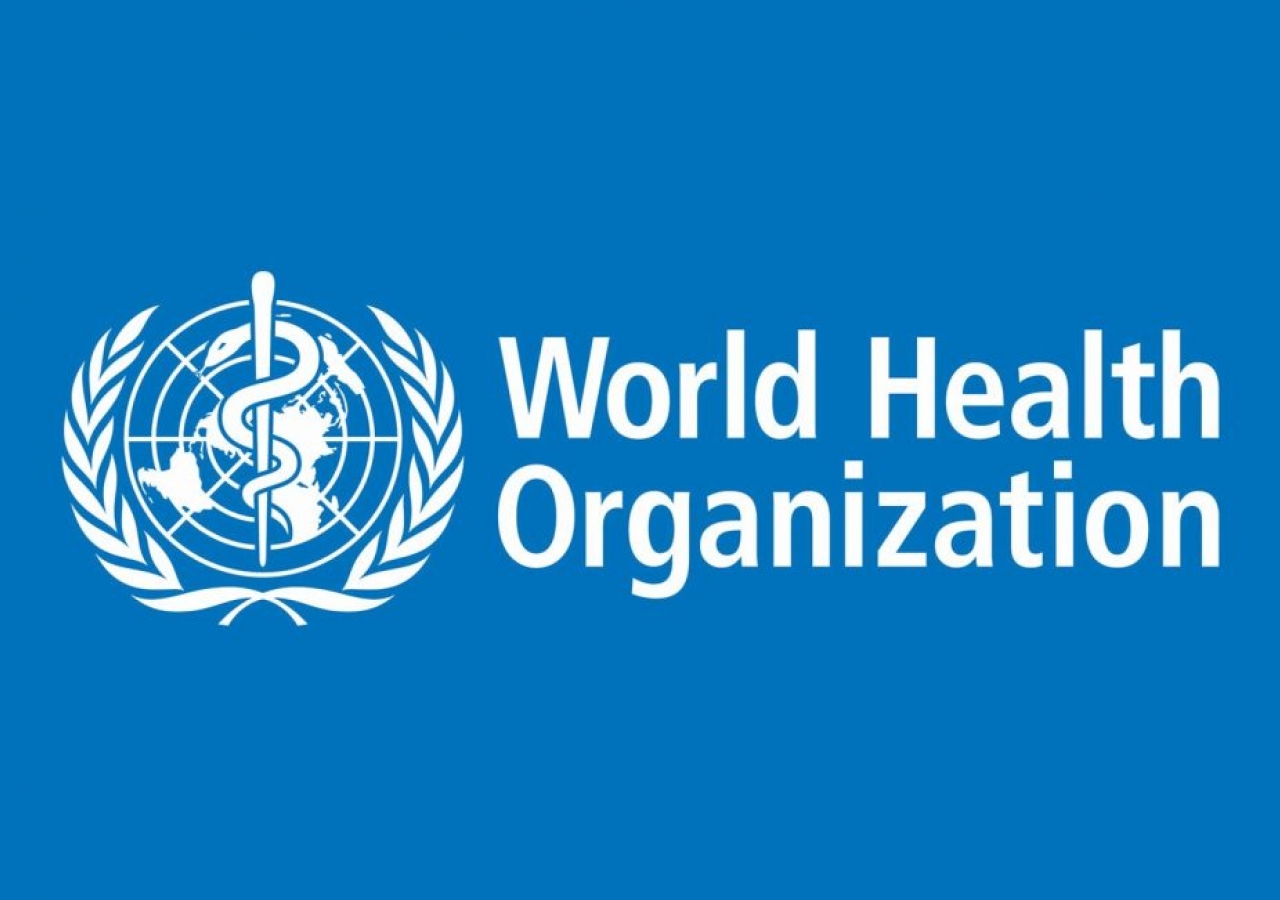Your Excellency Jeanette Kagame,
Your Excellency Minister Biruta,
Your Excellency Minister Momen,
Your Excellency High Commissioner Tasneem;
The Right Honourable Secretary-General Scotland,
Excellencies, distinguished guests, dear colleagues and friends,
It is an honour to join you today for this critical discussion.
The COVID-19 pandemic has taken a huge toll on mental health – a toll we don’t yet fully understand.
WHO estimates that already-common conditions such as depression and anxiety have increased by more than 25% since the pandemic began, adding to the nearly one billion people who were already living with a mental disorder.
Our research found that the most affected groups were women and younger people, especially those aged 20 to 24.
And people with pre-existing mental disorders, particularly severe mental disorders such as psychosis or bipolar disorder, when infected with COVID-19, had a higher risk of COVID-19-related hospitalization, severe illness and death.
Unfortunately, the increase in the prevalence of mental health problems coincided with disruptions to mental health services.
Nearly half of countries surveyed by WHO reported disruptions to mental, neurological and substance use services.
One particularly alarming finding of our survey is that mental health services for the most vulnerable groups, such as older adults and children, were among the most affected by disruptions.
And life-saving services such as emergency psychiatric services, overdose management and suicide prevention programmes were also disrupted.
At the same time, COVID-19 has highlighted the gaps in the capacity of health systems around the world to address mental health conditions.
Investment in mental health remains low, and the stigma surrounding it remains high.
At times of crisis, when we need more and better-quality mental health services, the world is held back by decades of under- investment.
Even before the pandemic, mental health services were far too limited in most countries. But crises are also opportunities for innovation. We found that many communities around the world introduced creative solutions to improving access to mental services, including telemedicine, the promotion of self-care approaches, and task shifting.
More and more countries are also using online platforms for capacity building, remote deployment, and service delivery.
Now, as many countries work to resume services, there is an opportunity to build back better, by scaling-up the provision of community-based mental health services and integrating mental health into primary health care, as part of every country’s journey towards universal health coverage.
Countries must also work to improve financial protection for people affected by mental health conditions, so that they are covered by health insurance and entitlement schemes.
On average there are as few as two mental health workers for every 100,000 people.
WHO’s World Mental Health Report highlights the latest scientific evidence, showcases examples of good practice from around the world, and gives voice to people’s lived experience of mental health conditions.
The report calls for three fundamental transformations:
First, to deepen the value and commitment we give to mental health.
This means valuing mental health as a key component of health and well-being, stepping up investments in services for mental health, putting in place evidence-based policies, and including people with mental health conditions in all aspects of society to reduce stigma and discrimination.
Second, to reshape environments that influence mental health.
This means action to address risk factors for mental health, including violence, abuse and neglect; improving early childhood development; and banning pesticides that are associated with one fifth of all suicides globally.
And third, to develop and strengthen community-based mental health services.
This means building community-based networks of services that move away from custodial care in psychiatric hospitals, and integrating mental health services in primary health care
It also means addressing the mental health component of other health conditions, and ensuring that mental health is integrated into policies for education, labour, justice and housing.
Using examples of positive change from across the globe, this report shows that every country, no matter its situation, can significantly improve the mental health of its adults and children.
The personal narratives in this report show what effective health and social support looks like, how it can lead to recovery, and how much depends on individual and social context.
The links between mental health and public health, human rights and socioeconomic development mean that transforming policy and practice in mental health can deliver real, substantive benefits for individuals, communities and countries everywhere.
Because ultimately, there is no health without mental health.
I thank you.
Source: https://www.who.int/







